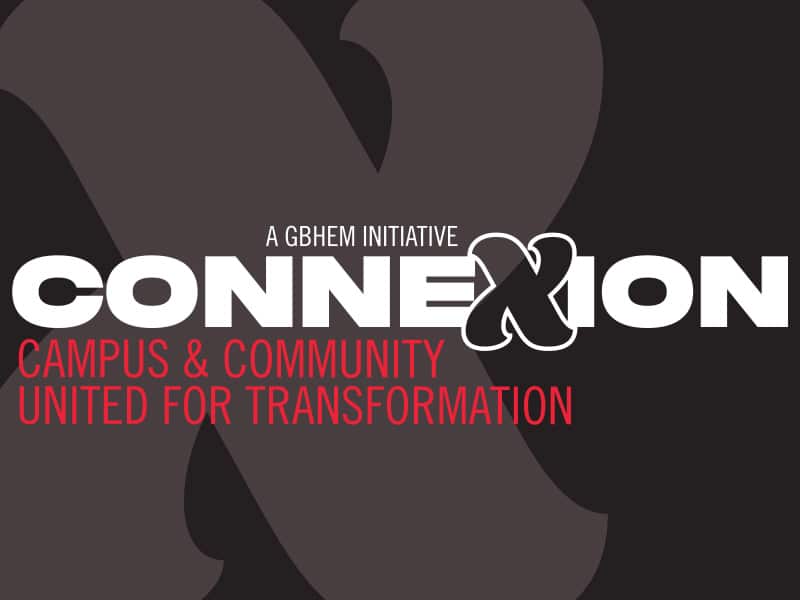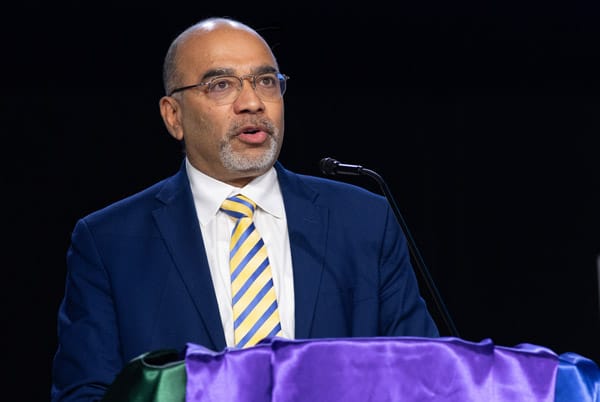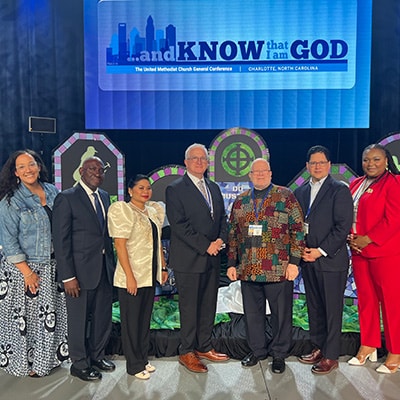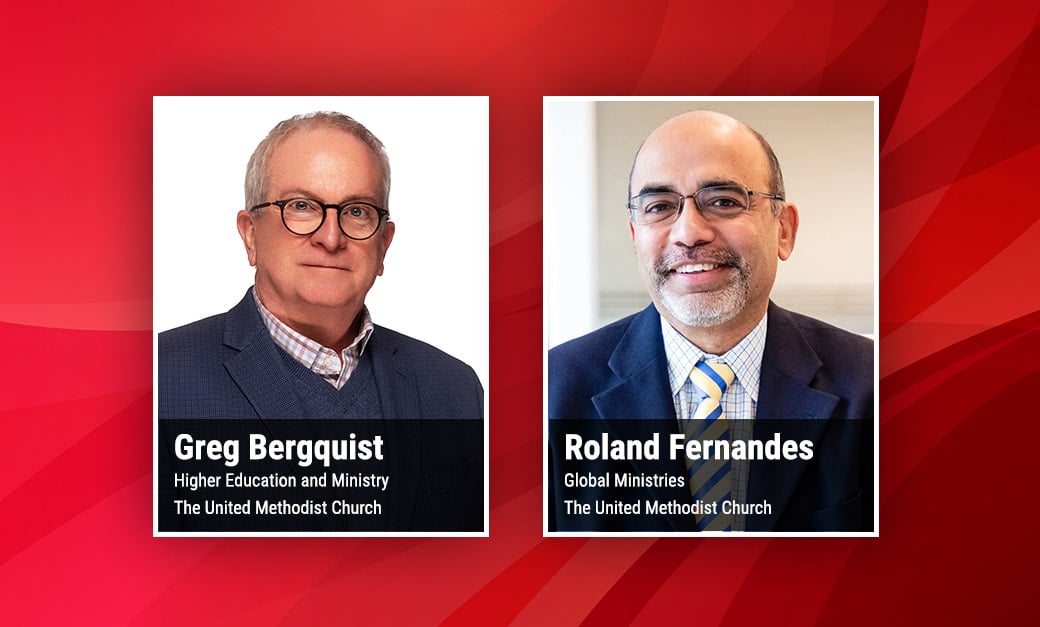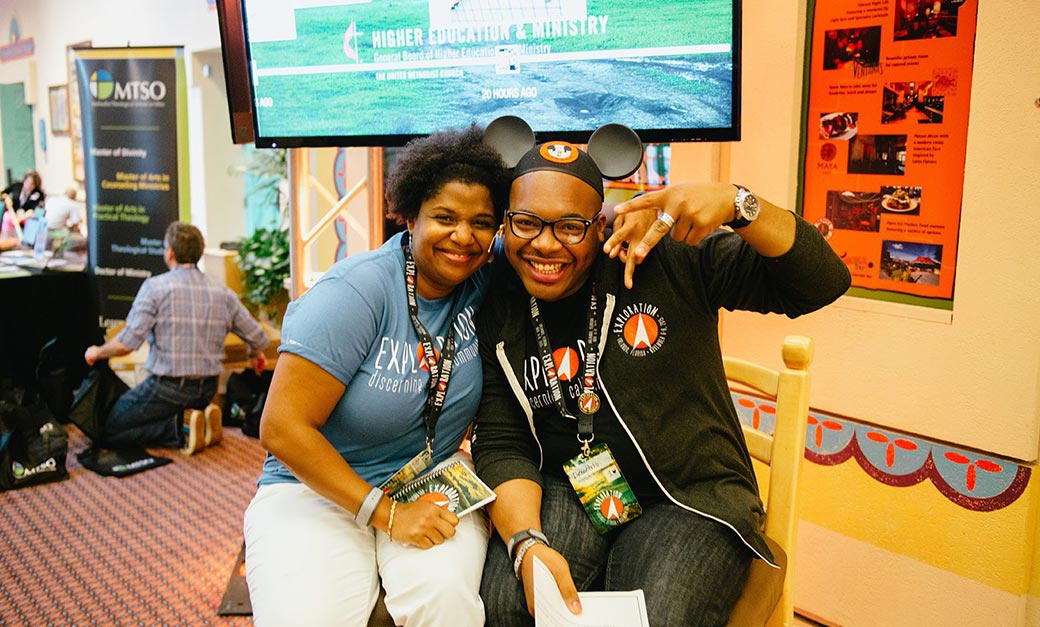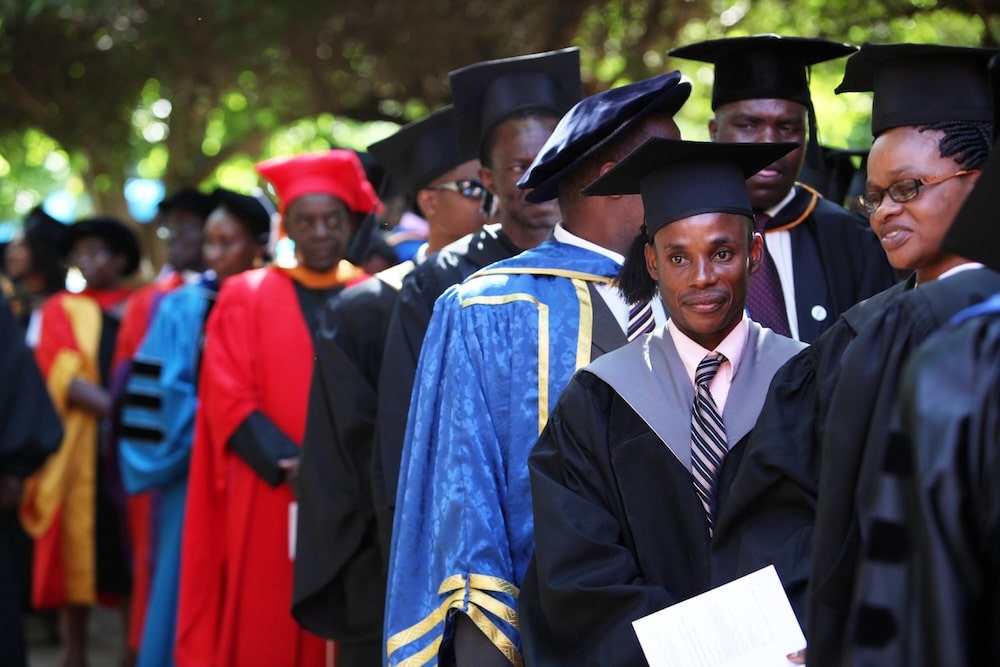Certification for Specialized Ministry to become more Accessible
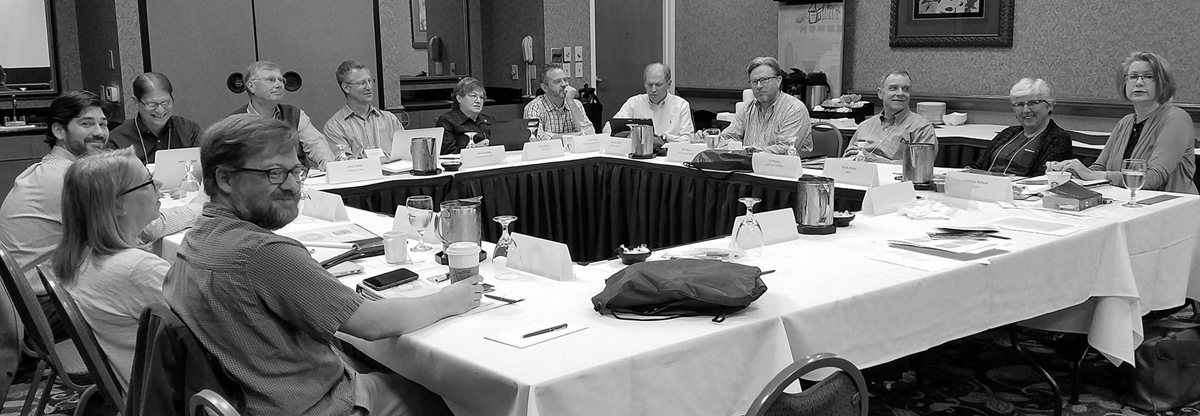
Representatives from United Methodist educational institutions and the General Board of Higher Education and Ministry (GBHEM) met this fall and are recommending that certification in specialized ministry be made more accessible to and affordable for United Methodist lay leaders.
Every two years, representatives from the 13 United Methodist seminaries gather to discuss United Methodist certifications and deacon education. This year, the seminaries were joined by representatives from Asbury College, Southwestern College and Pfeiffer University.
Representatives discussed best practices, trends and deacon and lay education and certification requirements within The United Methodist Church (UMC). Student feedback and current or desired educational requirements informed the conversation.
The goal of the discussions is to develop plans to ensure lay people who have been called to a specialized ministry can affordably access a basic education through the certification program in their area of expertise. Currently, there are two certification tracks for clergy and lay people (professional and para-professional), however, certification isn’t required for all those pursuing ordained ministry.
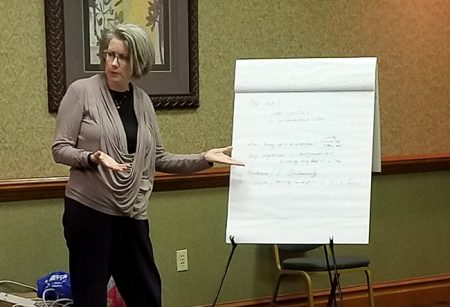
“Certification adds value to The United Methodist Church by providing educational content, recognition, and overall preparedness for ministry,” said Victoria Rebeck, director of deacon ministry development and provisional membership, GBHEM. “People earning certifications learn from their peers and network with other students. Through certification, students develop and commit themselves to increasing competence, which benefits churches who hire these leaders.”
As a result of the meeting, representatives recommend one level of certification be available to all, allowing students on different educational routes to complete it. This shift will allow ordination students to earn certification education through courses they are taking for credit. As well, students not seeking ordination can take high-quality courses without credit at more affordable rates. Courses would be offered from United Methodist seminaries and other approved schools.
The psychological assessment and background check would no longer be required, and a conference entity other than boards of ordained ministry (BOMs) would ultimately approve people for certification status. Certified specialized ministers would renew their status every four years, rather than the current two years.
This change in procedure also allows for more discussion about updating the educational outcomes for the courses and the delivery format for classes. With the rise in popularity of online education, which makes education available to more students, representatives discussed making certification education credit available through field work, classroom studies, online courses or other providers, such as the Upper Room’s Academy for Spiritual Formation.
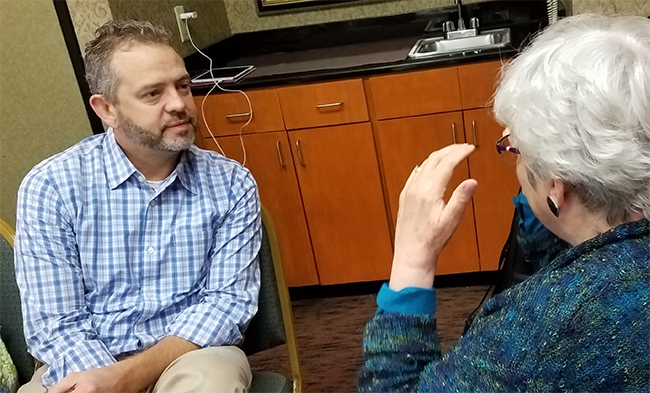
Subsequent meetings, including taskforces composed of participants and electronic meetings, will take place to implement the next steps. By fall 2018, the group plans to have updated the educational outcomes for each area and finalize the proposed process.
“This project is a way for GBHEM to better prepare, and enhance the preparation of, lay leaders in the church,” said Rebeck. “We want to make sure people have the resources they need to be successful in their role. We want to provide churches with the best leadership available.”
For more information about GBHEM, please visit www.gbhem.org.
About GBHEM: As the leadership development agency of The United Methodist Church, the General Board of Higher Education and Ministry’s mission is to build capacity for United Methodist lay and clergy leaders to discover, claim and flourish in Christ’s calling in their lives, by creating connections and providing resources to aid in recruitment, education, professional development and spiritual formation. Every elder, deacon and licensed local pastor benefits from our training and candidacy programs. Many young adults find help in clarifying their vocation and God’s call in their lives through our leadership and discernment programs. Follow us on Twitter and Facebook.
Related Posts
The General Board of Higher Education and Ministry (GBHEM) is excited to announce the launch of "Connexion," a new initiative that highlights the impact and stories of United Methodist-related institutions across the United States, fostering a deeper sense of community, support, and transformation across the denomination. What is Connexion? United...
Roland Fernandes, general secretary of the General Board of Global Ministries (GBGM) and the United Methodist Committee on Relief (UMCOR), has assumed leadership of the General Board of Higher Education and Ministry (GBHEM), effective July 1, 2024. Fernandes has served since the fall of 2020 as general secretary of GBGM and...
The process of uniting knowledge and vital piety is a theological core value of the Wesleyan tradition, The United Methodist Church, and the General Board of Higher Education and Ministry (GBHEM), which guides United Methodist higher education ministries. United Methodists are called to support principled Christian leaders around the...
